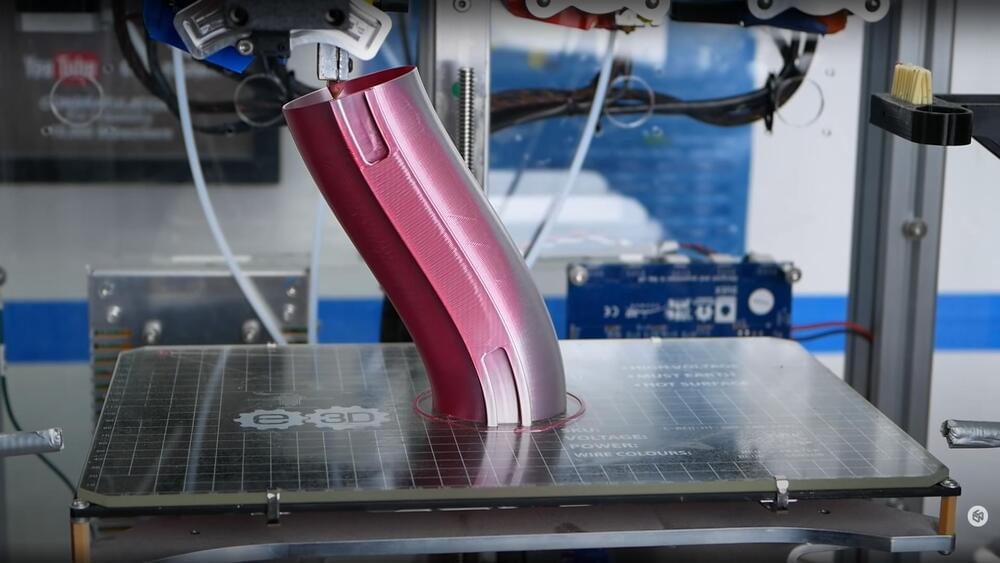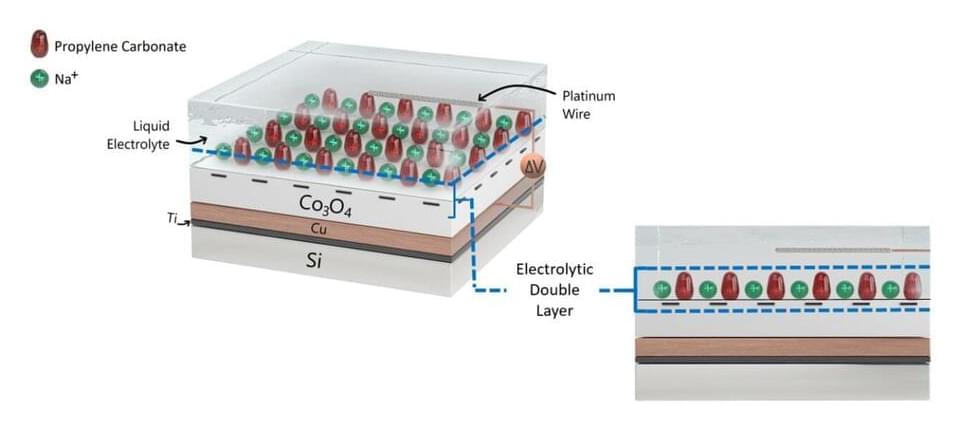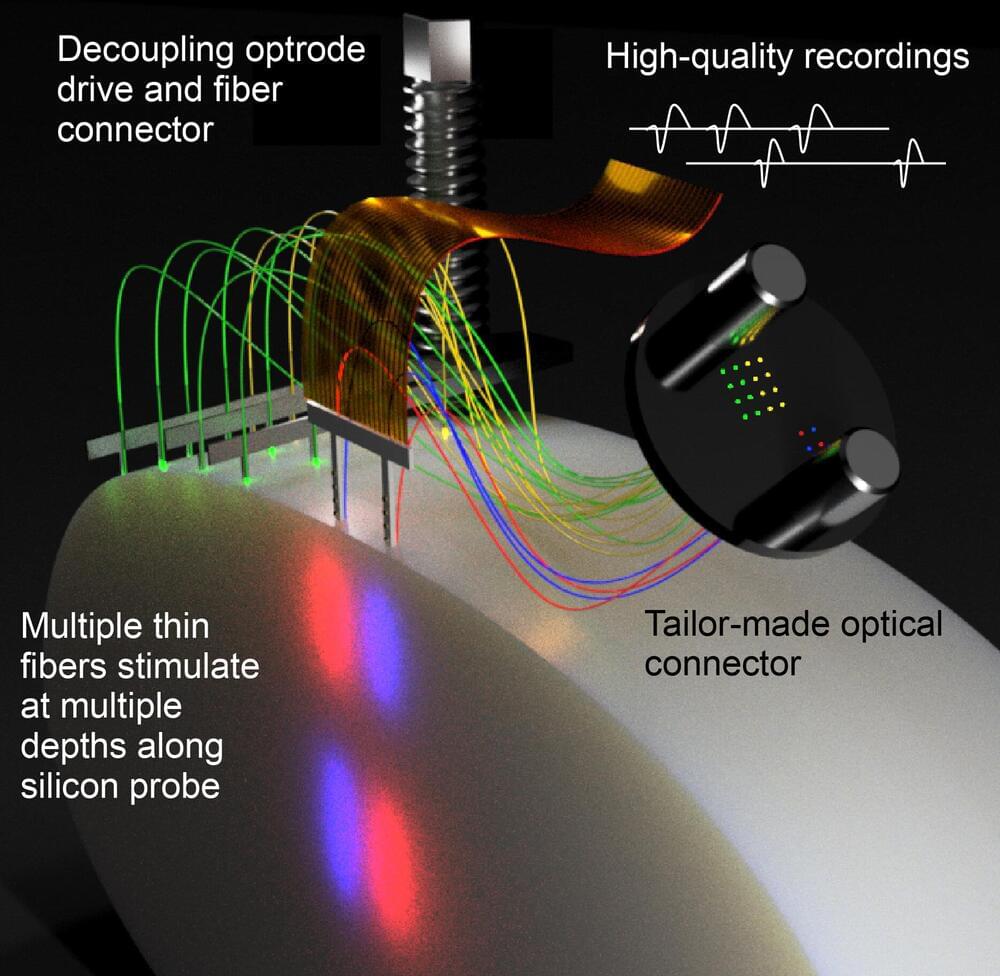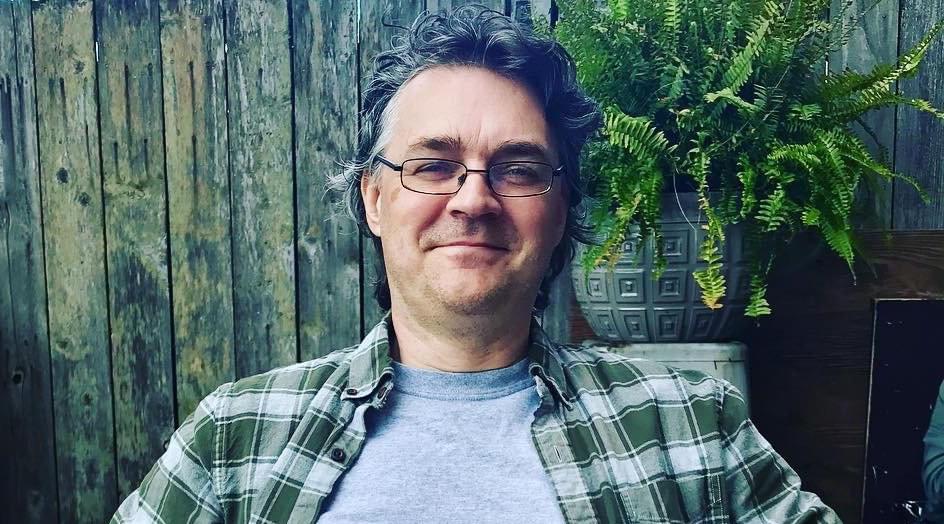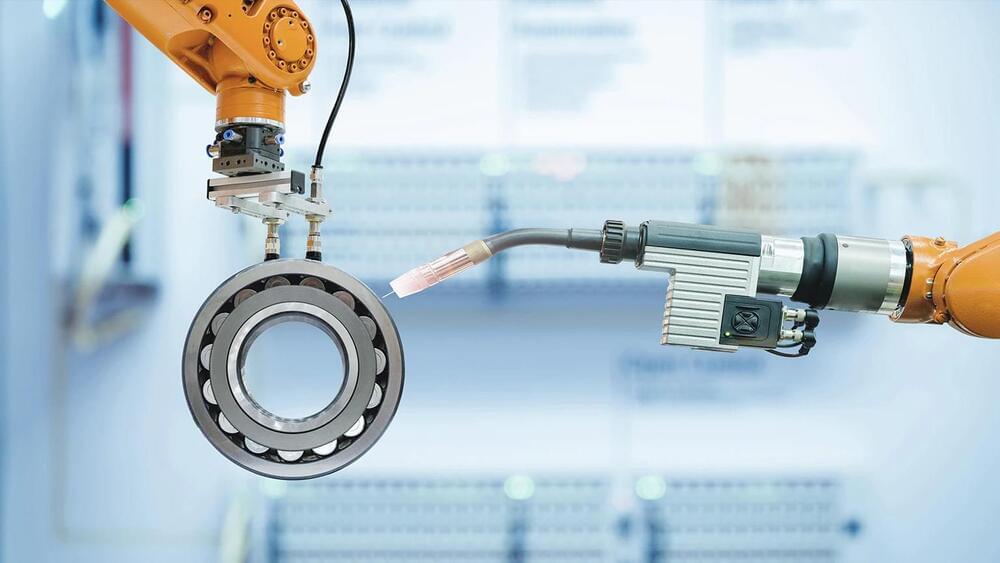
Yesterday, LHCb submitted for publication new results of matter-antimatter oscillations using decays of charm particles, significantly improving the current experimental knowledge!
Read our news: https://lhcb-outreach.web.cern.ch/2022/02/21/high-precision-…ht-mesons/
Today, the LHCb Collaboration submitted for publication a paper that reports the results of the high precision measurement of the charm oscillation (mixing) parameter yCP – yCPKπ using two body D0 meson decays. The result is more precise than the current world average value by a factor of four.
The neutral meson particle-antiparticle systems, Bs0−Bs0, B0–B0, D0–D0 and K0–K0 oscillate (transform into their antiparticle and back) with very different frequencies. The Bs0−Bs0 oscillations are the fastest, about 3 million million times per second (3×1012). The oscillations B0–B0 are about 37 times slower while the oscillations D0–D0 are even slower; the oscillation period is over one hundred times larger than the average lifetime of a D0 meson. Therefore only very few D0 mesons have the time to oscillate before decaying.
The quantum mechanical treatment of neutral charm meson oscillations leads to two neutral mesons, D1 and D2, each with their own mass, m1 and m2, and typical lifetime represented by their decay width, Γ1 and Γ2. The D0-D0 oscillations are described by the two dimensionless parameters, x=(m1-m2)/Γ, determining the frequency of oscillations, and y=(Γ1-Γ2)/Γ, in which Γ is the average width, (Γ1+Γ2)/2.

